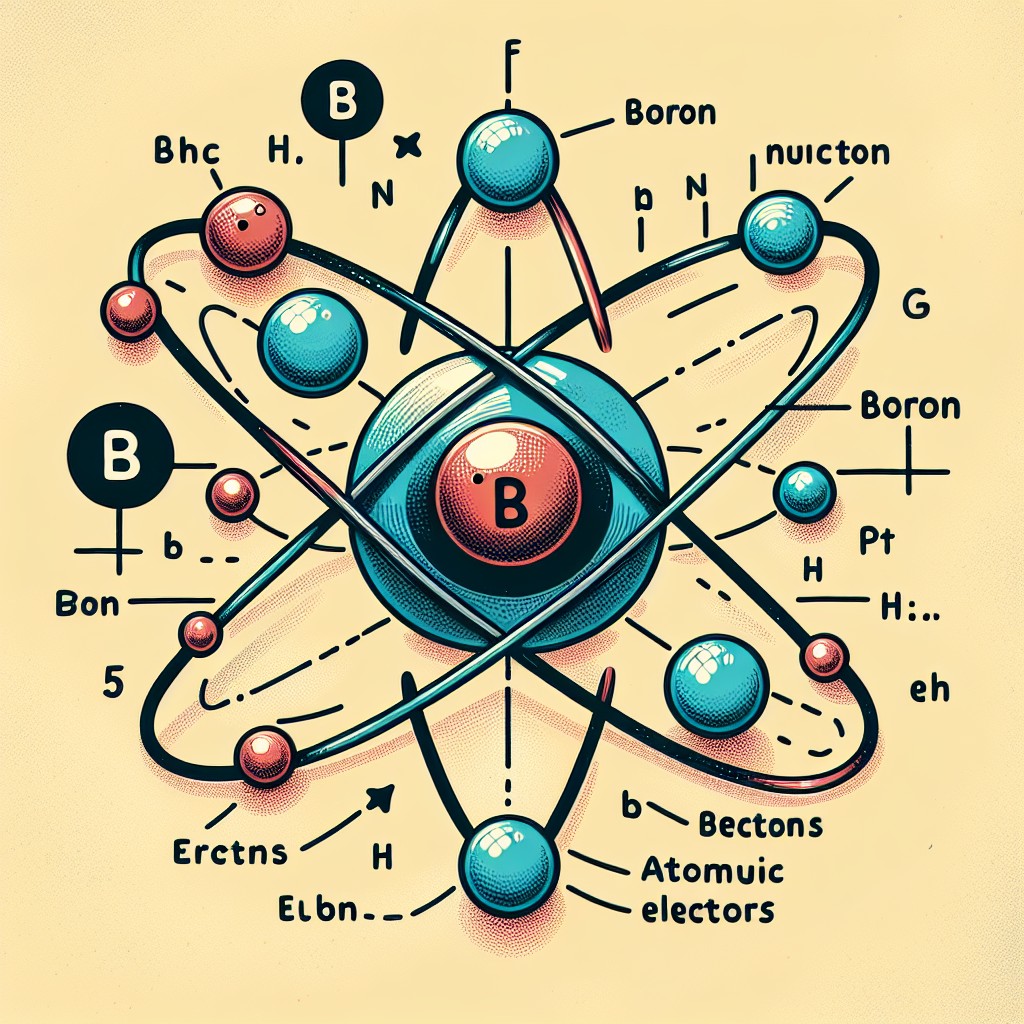| Date | Type | Event |
|---|---|---|
| 1949-04-17 |
On this day in 1949 Ireland or Eire officially became the Republic of Ireland. Following the “Easter Uprising” (24th-30th of April 1916) public support for the Irish Republican Party had grown. On the 14th of December 1918 as part of the United Kingdom's general elections, votes cast in Ireland gave overwhelming support for the Irish Republican Party, (called Sinn Fein). However there was still massive support for the Unionist Party in the northern province of Ulster (this region would later become Northern Ireland). Instead of the elected members of Sinn Fein attending the Imperial Parliament in London, Sinn Fein created their own Parliament in Dublin called the ‘First Dáil Eirean’ (first Irish Assembly). On the 21st of January 1919 Sinn Fein declared Ireland’s Independence from the United Kingdom. On the same day two members of the Royal Irish Constabulary (RIC) were shot dead. This was the beginning of the Irish War of Independence. A large group of Irish gorilla fighters formed (some from the Irish Volunteers) and by September of 1919 they would be known as the Irish Republican Army (IRA). The IRA began “liberating” weapons for their cause from the UK forces. The UK declared both Sinn Fein and their government illegal and sent in troops. But with the army recovering from the losses of WWI many of the troops sent were ex-soldiers. The influx of soldiers in their tanned uniform and the black uniform of the police led to their nick name of ‘Black and Tan’. Many of the troops acted less than professionally, drunk brash and badly organised. The IRA were able to assassinate members of the Black and Tan then concil themselves as normal members of the public. On many occasions when members of the British armed forces were attacked they would open fire on civilians in retaliation. Many left the Royal Irish Constabulary and within 2.5 years the IRA had won their freedom. On the 6th of December 1921 the Anglo-Irish treaty was signed creating the Irish Free State. The Province of Ulster used the Ulster Month Clause to remain part of the United Kingdom and became Northern Ireland. Under the Statute of Westminster in 1931 Ireland and many countries gained full legislative independence and on this day in 1949 Ireland became a republic denouncing King George VI.
| |
| 1949-05-12 |
On this day in 1949 the Soviet blockade of West Berlin was lifted. After World War II tougher restrictions were put on Germany compared with the First World War. Part of the restrictions included the country being put under the control of the major powers of the ‘Allies’ (United Kingdom, United States, France and Russia) with each country controlling a section. Each of the four countries also controlled part of the German capital of Berlin which is situated deep within what was soviet controlled Germany. When the United States, the United Kingdom and France discussed merging their sections to form West Germany, the Soviet Union was outraged. This outrage grew when on the 20th of June 1948 they introduced the deutsche mark to their regions. By the 24th of June 1948 the Soviet Union set up a blockade preventing all supplies to the would be West Berlin. For eleven months the United Kingdom and the United States flew in supplies (mainly fuel). On this day the Soviet blockade was lifted and on the 23rd of May 1949 the Western areas were united as the Federal Republic of Germany (Bundesrepublik Deutschland, or BRD) and shortly after, on the 7th of October 1949, the Soviet controlled side or Eastern side became the German Democratic Republic (Deutsche Demokratische Republik, or DDR) with control of the capital city of Berlin was also split accordingly.
| |
| 1949-05-23 |
On this day in 1949, the Western-controlled areas of Germany were united to form the Federal Republic of Germany (Bundesrepublik Deutschland, or BRD) After World War II tougher restrictions were put on Germany compared with the First World War. Part of the restrictions included the country being put under the control of the major powers of the ‘Allies’ (United Kingdom, United States, France and the Soviet Union) with each country controlling a section. On this day in 1949, the Western areas were united as the Federal Republic of Germany (Bundesrepublik Deutschland, or BRD) and shortly after, on the 7th of October 1949, the Soviet-controlled side or Eastern side became the German Democratic Republic (Deutsche Demokratische Republik, or DDR) with control of the capital city of Berlin was also split accordingly. |


